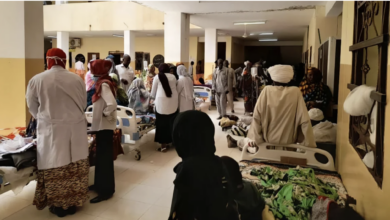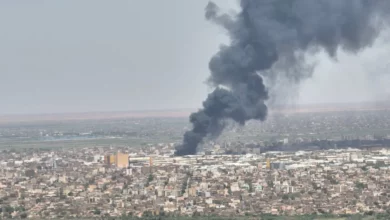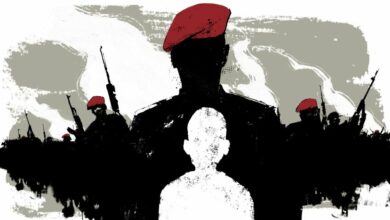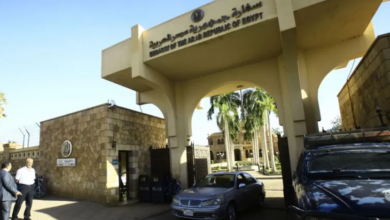Egypt and other regional and international parties are ratcheting up diplomatic efforts with Sudan, in light of the much anticipated January 2011 referendum on South Sudanese succession.
Egypt is acting to ensure a transparent and fair vote that would allow citizens of South Sudan to choose freely between unity and independence. The Mubarak government openly supports a unified Sudan but has pledged to fully endorse either referendum result.
Ahmed Abul Gheit, Egypt’s foreign minister, held four separate meetings Saturday with Chairperson of the African Union High Level Implementation Panel for Sudan Thabo Mbeki, the African Union’s envoy to Darfur Ibrahim Gambari, the head of the UN Mission in Sudan (UNMIS) Haile Mancarios, and the US envoy to Sudan General Scott Gration. During the meetings, Abul Gheit stressed the importance of the Sudanese ability to reach agreement on referendum procedural issues and continued border demarcation disputes.
Head of Sudanese issues at al-Ahram Center for Political and Strategic Studies Hany Raslan said all parties are busy making arrangements to ensure peace in the post-referendum period. Defining border demarcation lines is a crucial element of post-referendum conflict avoidance. Eighty two tribes live on areas common between the north and the south.
International action, according to minister Abul Gheit, needs to be divided into two stages–the first beginning now and lasting until the referendum, and the second handling the period that follows the referendum vote.
Abul Gheit said Egypt will pursue four objectives during the lead-up to the referendum: supporting an agreement reached between the co-rulers in a way that avoids conflict, urging the Sudanese peace partners to come to terms on a clear plan that sets the atmosphere for the referendum, strengthening regional and international efforts aimed at preserving good relations between the north and the south, and reinforcing partnership regardless of the referendum results.
Raslan, speaking to Al-Masry Al-Youm, warned against a delay in the referendum vote. He expressed fear that a unilateral, haphazard declaration of independence by southerners would iginite war.
After gaining independence from Egypt and the United Kingdom in 1956, Sudan suffered a 17-year civil war followed by ethnic, religious and economic conflicts between the Northern Sudanese (with Arab and Nubian roots) and the Christian and animist Nilotes of Southern Sudan.
A second civil war ensued in 1983, and due to continuing political and military struggles, Sudan was seized in a bloodless coup in 1989, that delivered the presidency of Sudan to Colonel Omar al-Bashir. The civil war ended with the adoption of a new constitution in 2005 that granted South Sudan limited autonomy to be followed by the 2011 independence referendum.
Al-Ahram's Raslan said separation between North and South Sudan is realistically already in effect; he described the referendum as merely a breakup formality.
Translated from the Arabic Edition.




